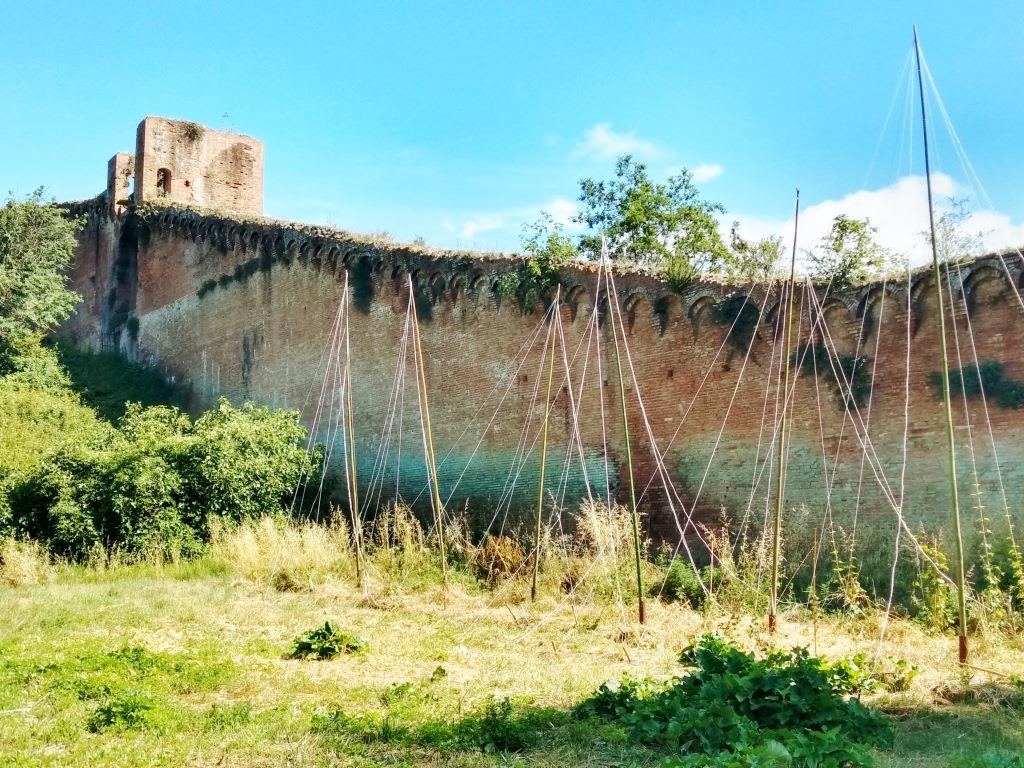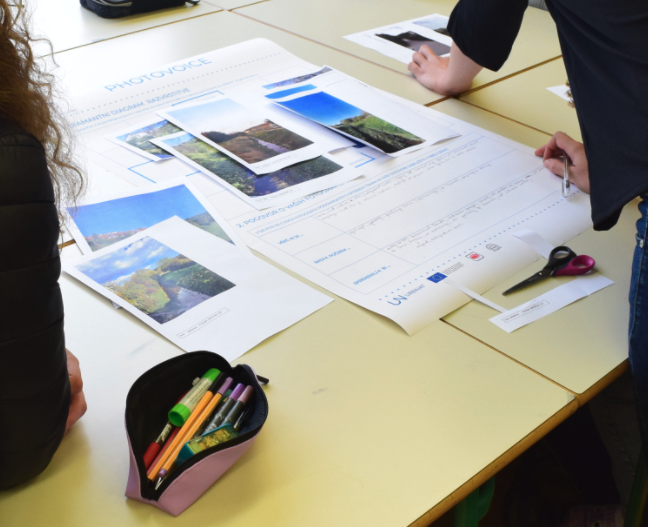URBiNAT cities through the lens of the COVID-19 pandemic
As COVID-19 tore across Europe and the world it struck at the heart of our societies, taking lives and revealing in a harsher, more uncompromising light the extent of social, economic, and environmental disparities within our communities. In some sense, the pandemic spread indiscriminately. Yet, it is clear that factors such as income level, housing type, neighborhood, and other socioeconomic variables would (once again..) determine starkly different levels of exposure or risk. Individuals, families, and communities have not suffered the effects of the pandemic in the same way. But what does this really mean? How have people coped with the restrictions imposed by COVID-19 mitigation policies? What lessons can we draw from this period?
The seven URBiNAT cities – Sofia, Nantes, Porto, Brussels, Siena, Høje-Taastrup, and Nova Gorica – give us a picture of the repercussions, challenges, responses, and alternatives that emerged with the pandemic. In this series of seven posts, we share the main measures implemented by local municipalities, and some stories to inspire alternative and cooperative ways to live together (in) the city. The full version will be available in URBiNAT’s deliverable related to the compilation and analysis of human rights and gender issues to be released in 2021 (https://urbinat.eu/resources/).
Siena (Italy)
Mariapiera Forgione, from the Municipality of Siena, shared some of the measures taken to prevent the COVID-19 pandemic and their impacts on the populations of the URBiNAT intervention areas, and also public and private solidary initiatives and hopes and ideas for the future.
The citizens of Ravacciano have been facing increased and new challenges due to the current COVID-19 pandemic and related control measures. Poverty and social distress, in particular, have increased considerably during this period. Families that were already in critical situations were the most affected, as they had to deal with amplification of their problems, linked to forced cohabitation or to the scarce availability of distance learning tools for children. This pandemic crisis affected people with concrete economic difficulties, but also those in situations of loneliness. Especially during the enforced lockdown, people manifested a strong need to have safe meetings and outdoor spaces in their neighborhood, where they could go to practice sport, run, or take a walk.
The Municipality’s responses to coping with these challenges were diverse. Thinking on the
world of sport, in June 2020 the Municipality granted, free of charge, some public areas to
carry out outdoor sports activities. The Campino di Porta Ovile, in Ravacciano' Valley was
among the spaces identified for this initiative. Aiming at supporting citizens in difficult situations, the Municipality has strengthened territorial networks with associations and volunteers. Also, two municipality’s calls for proposals have been made for cultural organisations, the " Contributo straordinario COVID-19 per OdV e APS" an extraordinary contribution for voluntary and social promotion associations also working in the cultural field, and a support plan for cultural associations.
More than ever, it is necessary to listen to the needs of people and to value everyone’s skills and availability. Recognizing this, the Municipality also worked towards strengthening partnerships in the field. The main partners in this context are a social organization, citizens’ committees, and educational institutions. The administration can be both a point of reference to coordinate interventions, and a facilitator to overcome bureaucratic problems, such as permits or taxes. It can also function as a platform for local initiatives, systematizing already active initiatives and facilitating the contact between associations and citizens.

Working in the urban gardens in San Miniato neighbourhood, Source: picture from Facebook page @ortiurbanisanminiato
Several inspiring solidarity initiatives have been created in Siena to support situations of fragility. These initiatives were, for example, facilitating home shopping for the elderly by voluntary associations, creating forms of discounts from commercial activities, namely supermarkets, or having many organizations setting up diverse systems to provide psychological support for their members. In the San Miniato neighborhood, the city’s social gardens have become an opportunity to work in the open air and regain a form of socialization.

Food collection for families in Ravacciano neighbourhood promoted by ARCI club; Source: picture from Facebook page @circoloarciravacciano
In the URBiNAT intervention area, Ravacciano, there was a concrete example of support for the neighbourhood: the ARCI club promoted a food collection and everyday products for families in the neighbourhood. The club’s spaces have hosted children and young people and provided them with a good internet connection. This action was particularly important, as they were able to attend online school lessons from there. Tourist guides continued their work on the cultural front describing the city of Siena with small online performances.

Tourist guides' ideas for involving citizens and tourists: videos about the city of Siena, the story of S.Caterina
Looking at the future, we realize that the greatest criticality lies in recovering sociality and aggregation. The lockdown gave us the possibility to discover the importance of the neighbourhood and of sharing. So now it will be necessary to work to enhance these moments and these initiatives.
In order to build an “alternative future”, it will be necessary to start from the communities. We must rethink the cities by redesigning an urban and social context. Cities should no longer be considered as complexes in which there is a centre and then the suburbs, but instead as a combination of neighbourhoods. And each neighbourhood has its own commercial activities, services and opportunities for socialisation. In this perspective, the management, care and regeneration of green areas and other commons is a crucial point, and it can be delegated to citizens with collaboration pacts between them and the administration.

Volunteers of ARCI club Source: picture from Facebook page @circoloarciravacciano
This blogpost was elaborated by Rita Campos (CES-UC), based on the interview of Mariapiera Forgione (Municipality of Siena) conducted in the frame of task 1.5 (inclusion of cross-cutting dimensions human rights and gender) and its corresponding deliverable D1.8 (compilation and analysis of human rights and gender issues) to be released in 2021.
Comments welcome!
Do you live or work in Siena? We would love to hear from you!
Did you feel the challenges described below? What lessons did you learn? What would you like to add to this picture?
Do you live or work in another city? We would love to hear from you also! How would you describe the challenges and opportunities that emerged with the pandemic in your city? Were/Are they similar to those in Siena?





